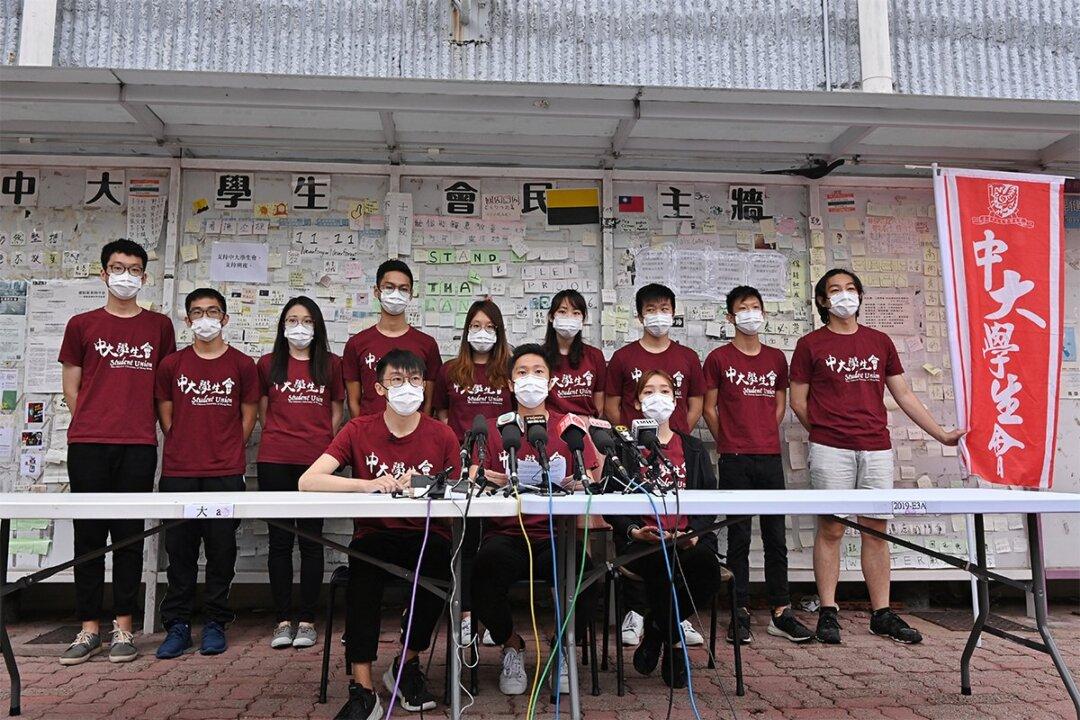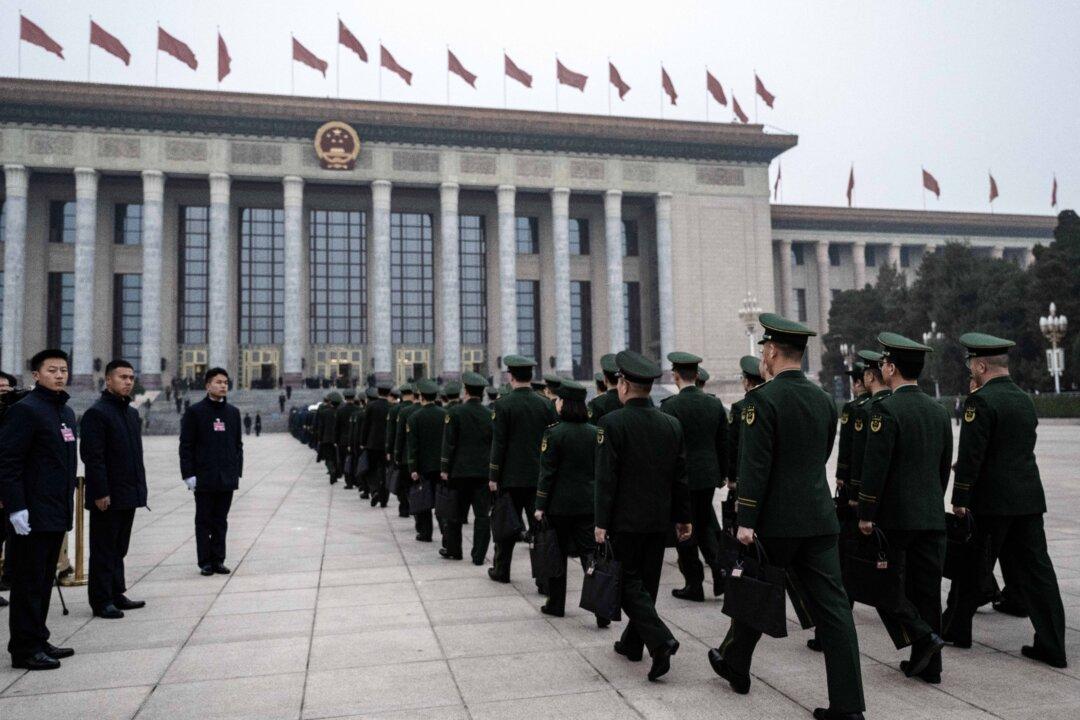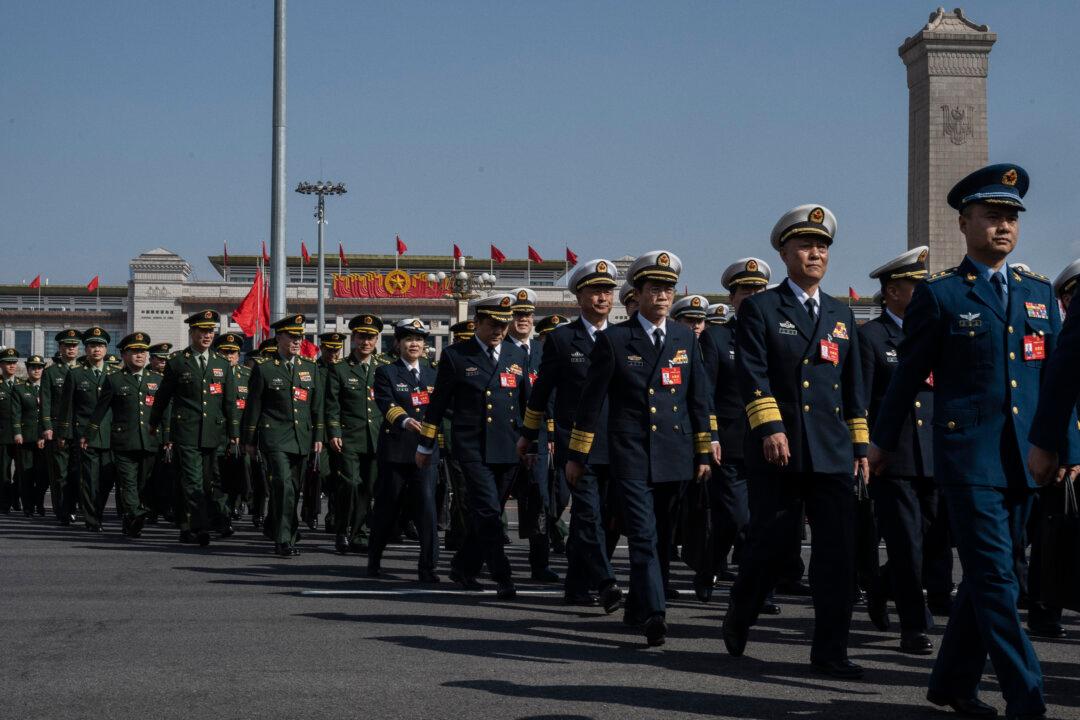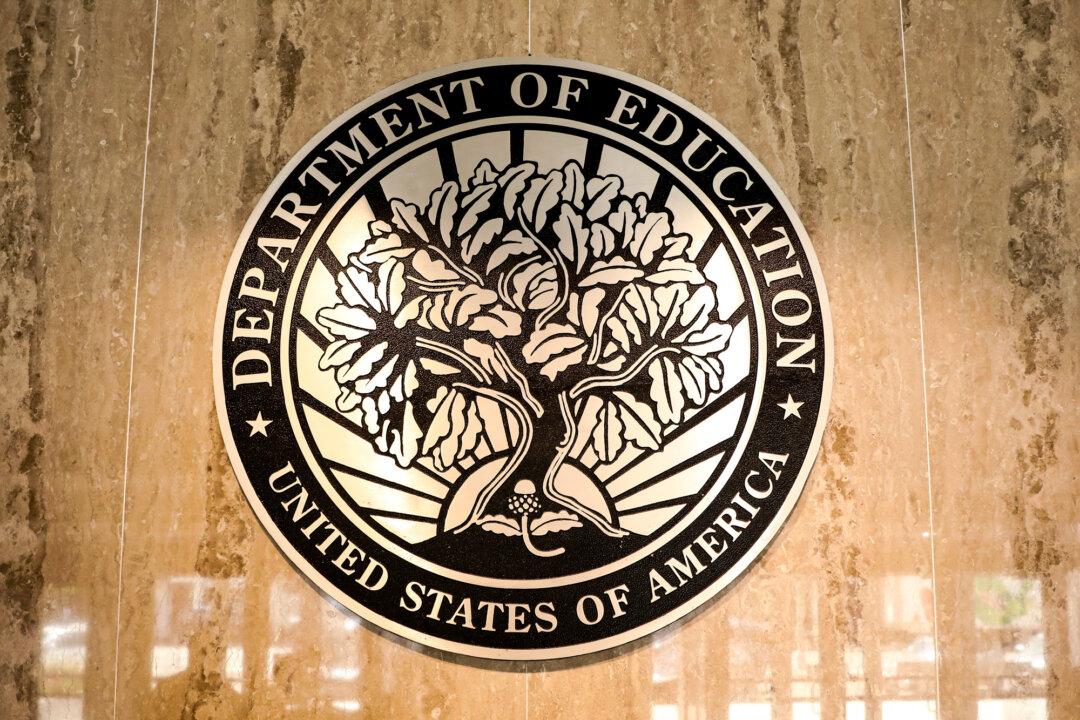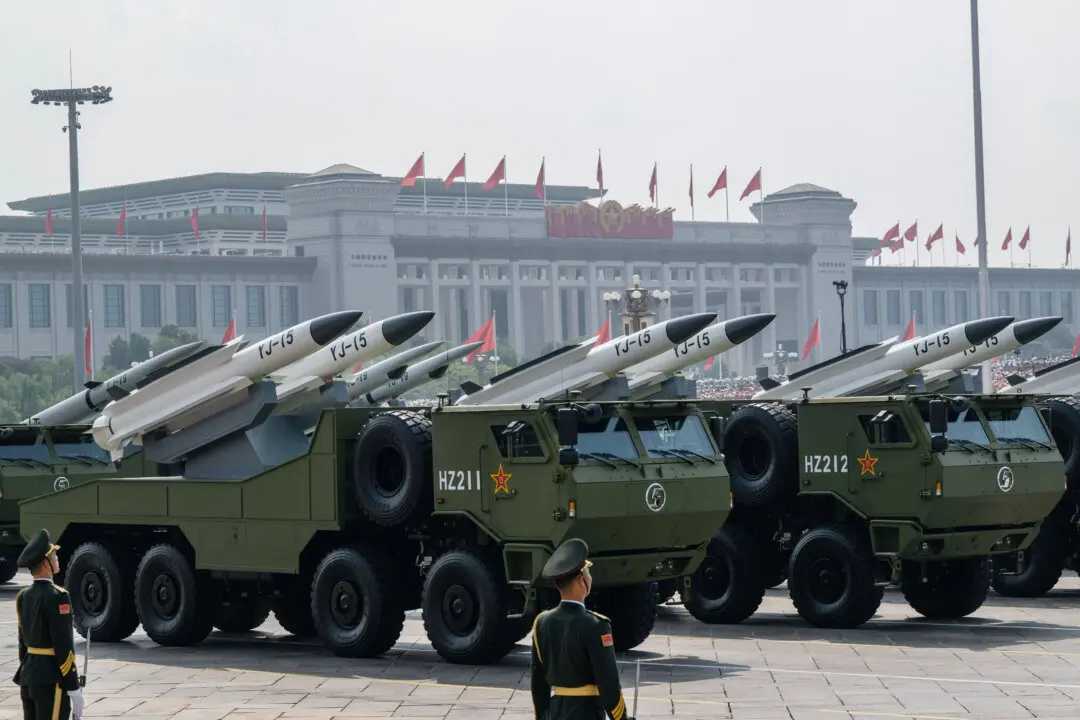Chinese University of Hong Kong (CUHK) saw its sole student union broken up on Oct. 7, eight months after the college withdrew recognition of the body.
The move marks the latest dissolution of civil societies under the Beijing-imposed national security law. The recent-disbanded groups include the trade union and the group behind the annual Tiananmen Massacre vigil in Hong Kong.
